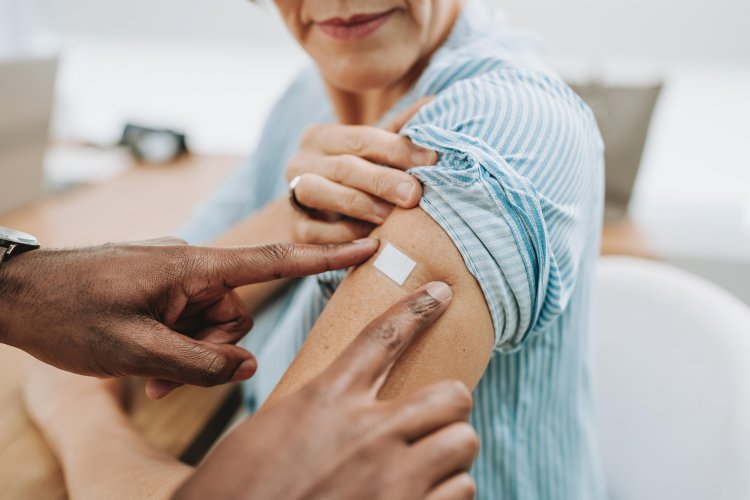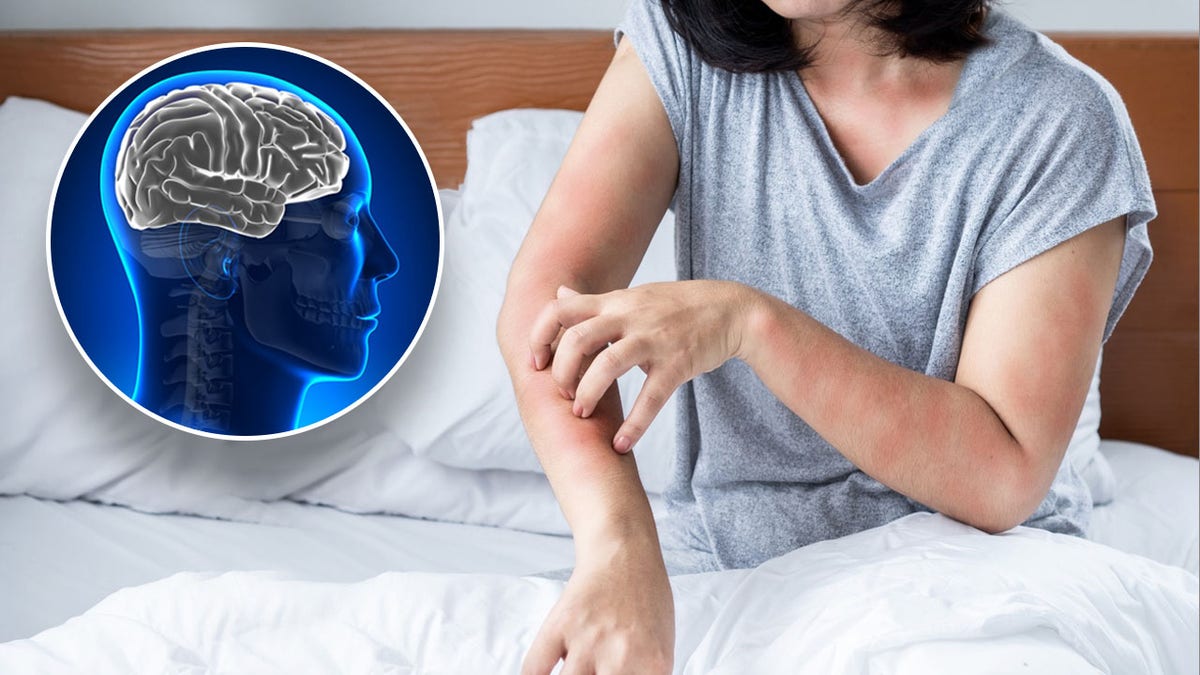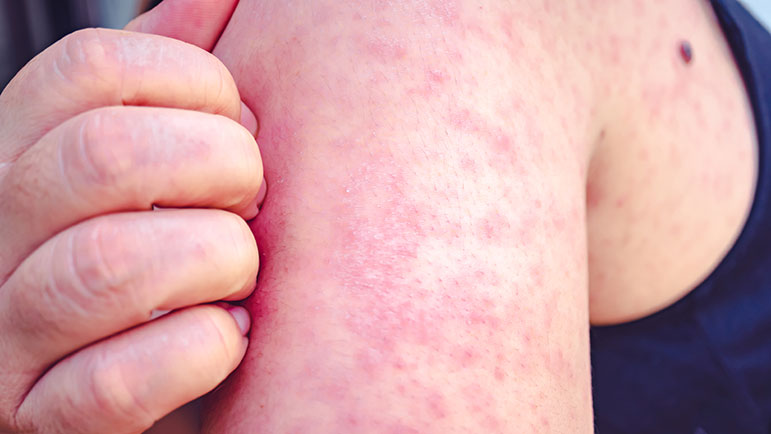Would a Typical Shingles Vaccine Prevent Dementia in Your Brain?
When it comes to medical treatments, we have long recognized that side effects like nausea, headaches, and mild fatigue are inevitable. Occasionally, however, the side effect proves to be quite advantageous. This may be true for the shingles vaccine, which was created to stop a painful skin rash but is now being considered as a surprising ally in the battle against dementia.

Yes, you read correctly. Our memories may also be being preserved by a vaccine that was first developed to guard against a dormant chickenpox virus.
What Link Exists Between Dementia and Shingles?
Shingles is more than simply a rash; it is a fiery, nerve-wracking eruption brought on by the same virus that causes chickenpox in children. The virus just goes underground and hides in your nerve cells until it eventually resurfaces as shingles, which can happen decades after you recover from chickenpox.
In order to avoid this extremely unpleasant reawakening, the shingles vaccine has long been recommended for persons 50 years of age and older (as well as younger people with compromised immune systems). However, scientists now think the shot might provide more than just superficial protection.
The Increasing Dementia Trend
Dementia is a terrible illness that robs people of their identity, freedom, and connections; it is not only a memory problem. Approximately 9 million Americans currently suffer from dementia. By 2060, that number is expected to double, mostly due to our aging population.
Does the Shingles Vaccine Lower the Risk of Dementia?
There is mounting evidence that the answer is in the affirmative. According to several studies, those who get the shingles vaccine have a lower chance of developing dementia in the future.
Dementia was less likely in those who had received vaccinations, according to a large study that examined nearly 300,000 adults 70 years of age and older.
Although dementia incidence was lower in both groups, the recombinant vaccination was more effective, as recipients remained dementia-free for an average of 164 days longer.
However, an accidental real-world experiment may provide the strongest argument.
Wales's Natural Experiment
In 2013, the Welsh government made shingles vaccines available only to persons born after September 2, 1933, while those born before that date were not. That arbitrary line provided the ideal conditions for a "natural experiment," in which scientists can compare the results of two comparable groups, one of which was exposed to a factor (in this case, the vaccine) and the other was not.
For seven years, researchers tracked about 300,000 individuals. The outcomes?
As anticipated, those who received the vaccination had a lower risk of developing shingles.
More significantly, though, they had a 20% relative decrease in dementia risk, or a 3.5% lower risk.
Although this type of research is more than a hunch, it cannot establish cause and effect. Scientists begin to pay attention when several lines of evidence all point in the same direction.
Why Would the Brain Be Protected by a Skin Rash Vaccine?
It looks ridiculous at first. How would a rash vaccination prevent something as complicated as dementia? However, further investigation reveals a number of biologically reasonable explanations:
Dementia is largely caused by chronic inflammation, and shingles is a primary cause of nervous system inflammation. By preventing the illness, you can lessen the inflammatory storm.
A shingles epidemic raises the risk of stroke. One known cause of dementia is stroke. Vaccination may provide indirect brain protection by reducing this risk.
Additionally, immune activity may change in ways that support brain defense. According to some experts, the vaccine's immunological "training" may subtly but effectively re-align the body's defenses.
What makes women appear to be better protected by the vaccine than men? That is still a mystery. Gender differences in immunological response may exist. In women, dementia may have a different biological course. The options are still being investigated by scientists.
The Bigger Picture: A Secret Power in a Vaccine?
Although it is far too soon to refer to the shingles vaccine as a "dementia injection," the concept is intriguing and encouraging. Millions of senior citizens are already advised to get the vaccine in order to avoid a debilitating illness. if it also lowers the risk of dementia?
That is a strong plus.
Not only is this fantastic news for individuals, but it has the potential to revolutionize public health. A broadly accessible, reasonably priced, and safe intervention that reduces the risk of dementia? Such a minor change has the potential to have a significant impact on society.
Concluding remarks
More data is still required. We must ascertain which kind of dementia this may prevent—is it more effective against vascular dementia or Alzheimer's? We must ascertain whether booster doses are necessary and how long the benefit lasts. We also need to understand why women tend to benefit more from it.
However, one thing is certain: the modest shingles vaccine is making a comeback in the field of brain health. It serves as a reminder that sometimes we already possess the most potent instruments; we have just not yet fully realized their potential.
Additionally, it may be among the most surprisingly optimistic things you can do for your brain's future.
What's Your Reaction?




















